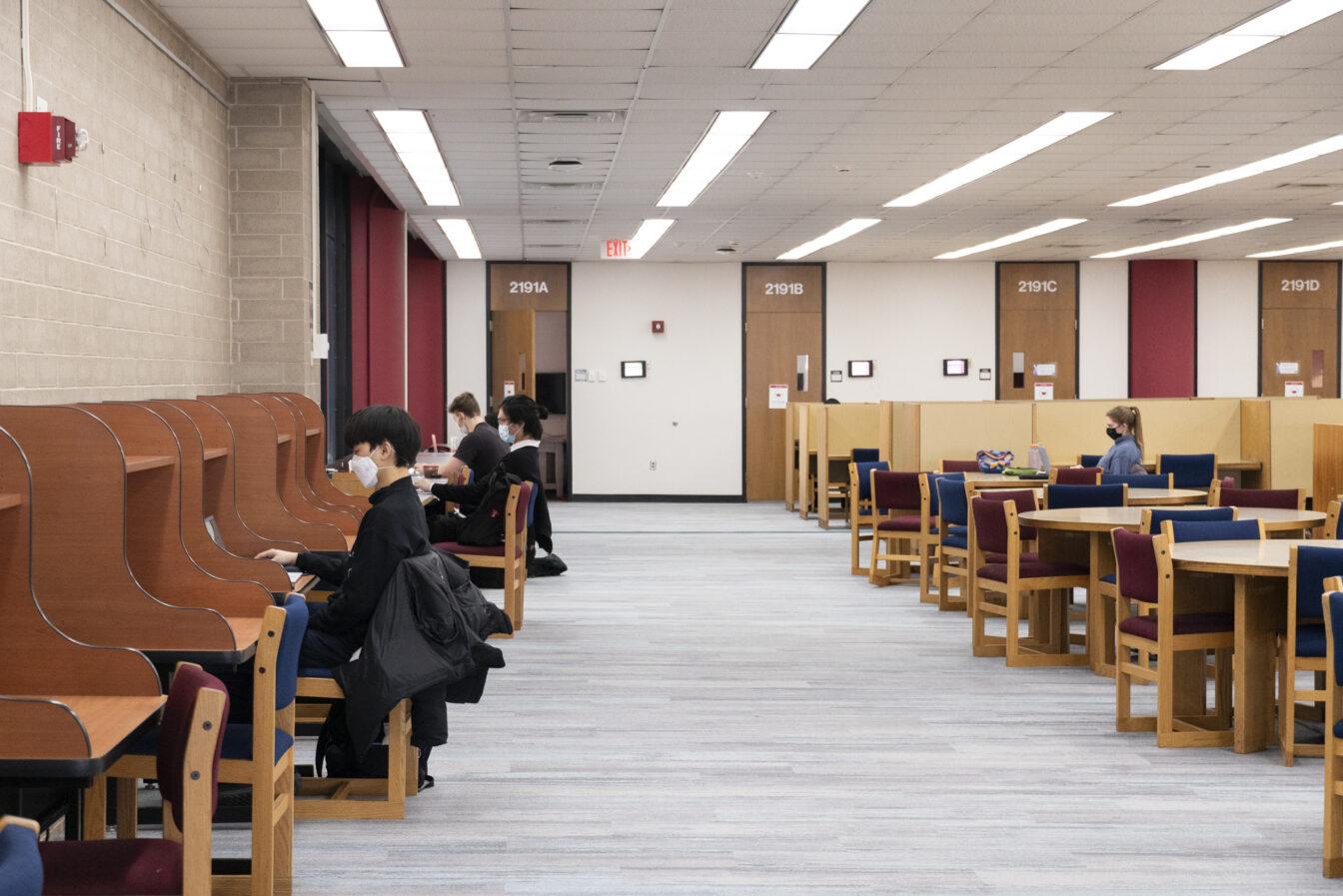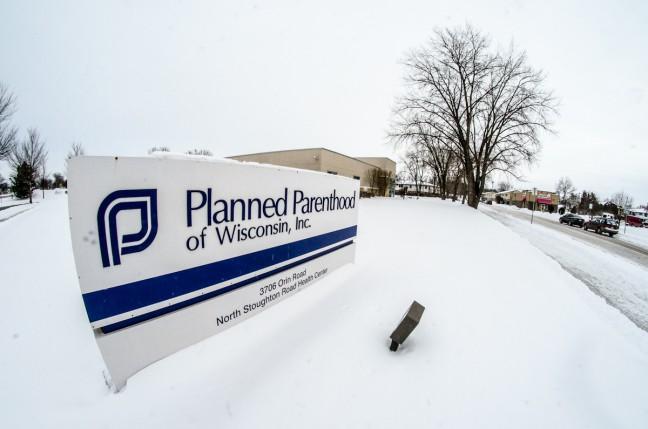The University of Wisconsin lifted its indoor mask mandate effective March 12, the first day of Spring Recess, after Dane County’s mask mandate expired March 1.
UW associate professor of population health sciences Ajay Sethi said in an email to The Badger Herald low case levels and high vaccination rates in the community rationalize the mandate lift.
“We are in a period of the pandemic when not having a community-wide indoor mask requirement can be justified,” Sethi said.
UW freshman Shirley Trivedi plans to wear a mask when professors make recommendations about mask-wearing in class, but not wear a mask in two of her smaller classes. She is especially relieved masks are no longer required in the residence halls.
An international student, Trivedi said her masking plans will change if cases increase or further decrease, and before returning home.
“I [will] definitely be much more careful during the month of May, mask up more, sanitize more,” Trivedi said.
Public Health Madison & Dane County Communications Coordinator Morgan Finke said, Dane County is currently experiencing a low level of community transmission in an email to The Badger Herald.
PHMDC encourages anyone feeling symptoms of COVID-19 after traveling for spring break to stay home and get tested, with PCR-RT testing from a community testing site or an at-home rapid test.
“Right now, as a whole, things are looking up for Dane County,” Finke said. “We still have the tools available to help us reduce risk, including vaccines, masking, distancing and taking special care around people who are most vulnerable.”
UW Health Immunization Program Medical Director James Conway is unsure about a potential spike in cases in the coming weeks.
According to Conway, a possible rise is likely to have many contributing factors, including international travel from areas where the BA.2 variant of Omicron is circulating, resumption of social activities without mask mandates and varying case and vaccination rates in areas people traveled to.
The more contagious and transmissible BA.2 variant is also becoming more prevalent in Europe and many areas of the U.S, and new variants are emerging and cases are increasing in Europe, Asia and some parts of Africa, Conway said in an email to the Badger Herald.
But Conway said the decision to lift mask requirements needs to be based on vaccination rates, positivity rates and hospital capacity in the surrounding community.
“We are fortunate that our Badger community has followed the science, and we have really high immunization rates and people generally being very responsible,” Conway said. “My primary concern is the optics and impressions it gives people — that things are back to normal and we can let our guard down.”
Conway is also concerned lifting the masking mandate allows for the spread of other viral pathogens, since influenza cases have increased locally, and measles and other preventable infections have increased internationally with masks being used less often.
ASM says UW ignores shared governance principles in new mask mandate order
UW freshman Kaitlyn Israngkun Na Ayuthia said she in an email to The Badger Herald that she does not plan to wear a mask in most public areas now, except when required. Israngkun Na Ayuthia said she still plans to keep one handy for instance in which those around her prefer her to wear one.
“I am fully vaccinated and boosted against COVID and I am confident in the percentage of students and staff who are fully vaccinated, and I prefer not to wear a mask for comfort and practicality,” Israngkun Na Ayuthia said.













